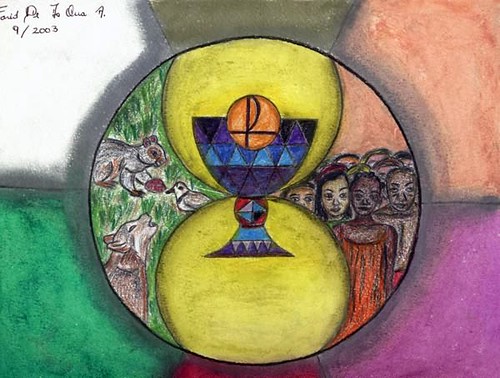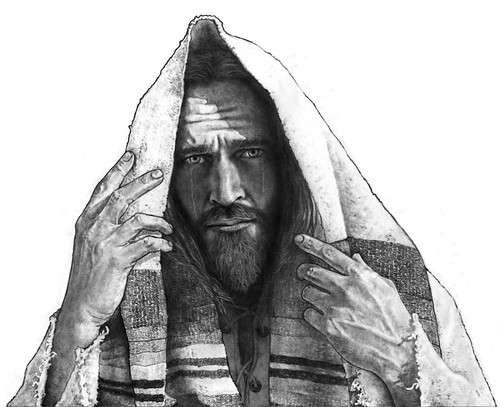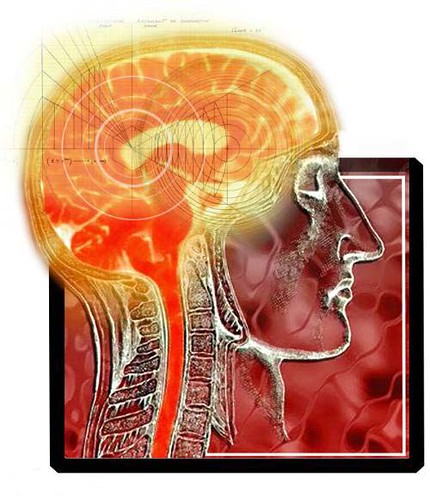Joy at the Tomb
Easter Sunday
Today’s Readings: [Click here]
Today, on Easter Sunday, the worldwide Church shouts “Alleluia!” with great awe and joy because Jesus Christ is alive. On Friday—Good Friday—he truly died like any human being does. But now he has been resurrected. He is just as truly alive again, exactly as he predicted.
To begin with, this is a mystery almost impossible for us to grasp. People don’t typically die on Friday and come back to life on Sunday. Now, I have watched that new show on TV called New Amsterdam where John Amsterdam had a massive heart attack on a subway platform, was pronounced dead, and then got up from the hospital table and walked out—very much alive. But in real life? Not at all likely.
Even Mary Magdalene, certainly one of Jesus’ best friends on earth, wasn’t really expecting the miracle of the resurrection. In fact, the other gospel accounts tell us that she went to the tomb with spices so she could mourn her friend’s death and perform her last charitable service to him by anointing his body and blessing it for burial. No way did she expect to find that he had gone missing—most especially on his own power!
When the new reality of the situation started to sink in—in other words, when Mary remembered that Jesus said he would rise again—and of course, when it occurred to her that he actually could probably do it just the way he did it with Lazarus—wow! All of a sudden the sadness and finality of death evaporated in an instant. She was now filled with joy.
And for us as Christian believers, that joy is even more incredible for still another reason. Jesus said that not only would he be resurrected to eternal life, but so will we! So the thrill of the empty tomb is our own story, as well.
That’s why to understand this and to believe it on faith is the very core of Christianity.
Six years ago, my mother passed away. Like the rest of my family, she was Jewish. While I blessed her body with holy water and prayed and offered masses for her, it was the rabbi who performed the funeral. I remember his sermon. In essence, he said that when a person dies, that’s it. There is no more life. However, he said that the person went on living through the remembrance of others and through their enduring good works and kindnesses and charitable deeds.
I remember shaking my head and thinking: how sad; what an impoverished understanding that you live and die and are forever forgotten within a generation or two, at best. Surely our all-powerful and all-loving God intended more. And I thanked God profoundly for leading me to his Son… for leading me to find his much, much better truth.
In one of my previous parish assignments, I had the sad duty to bury a young man named Randy whose life was snuffed out at way too early an age. As you’d expect, his family and friends were numb when they went to the grave to grieve and to honor the one they loved.
Then, a few months later, Randy’s parents did something that you might think is a little unusual—but something that I think would make Jesus smile and give Randy a hug. Across from the grave marker, a very proper bronze plaque with Randy’s full name and dates, they placed a beautiful granite bench engraved not with his formal name, but rather the name that those who loved him best called him: “The Randy Bear.”
Now, people don’t just go to Randy’s tomb, but to his bench. They sit for a while. Some told me that they can really feel his presence and his love—and of course, Jesus is there, too, as he is present whenever God’s love takes human form.
On this Easter morning, we remember that Jesus came out of the tomb and left. He didn’t want to leave us with a place to go and weep, as respectful as that may be. Instead, he wanted to teach us that it is the joy of life that is eternal… that God and those of God’s children who have gone before us smile upon us and wish us long, full and happy lives—and the promise that one day, when our own earthly journey comes to an end, we will also cross over and share in the same resurrection. The grave won’t contain us either.
In the beautiful words of Psalm 30: Weeping may linger for the night, but joy comes with the morning.
Happy Easter. Amen. Alleluia!







